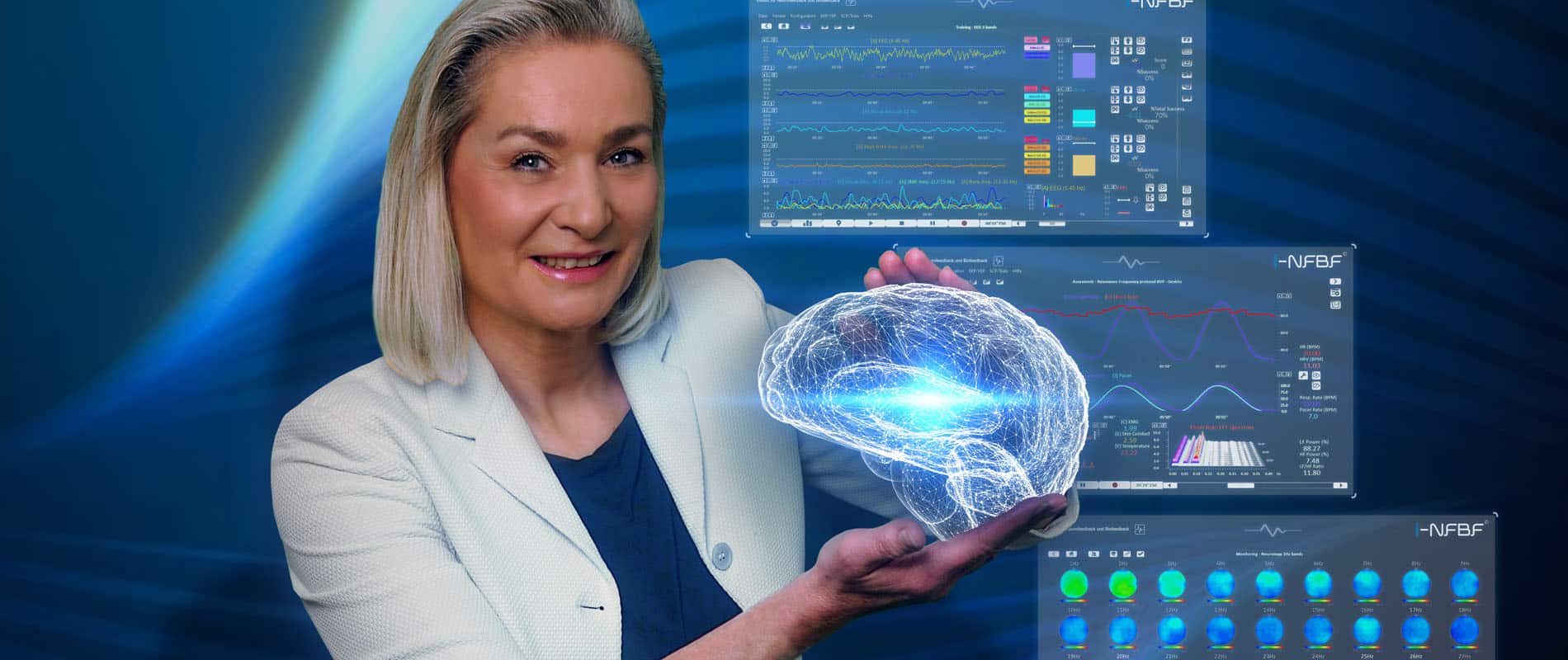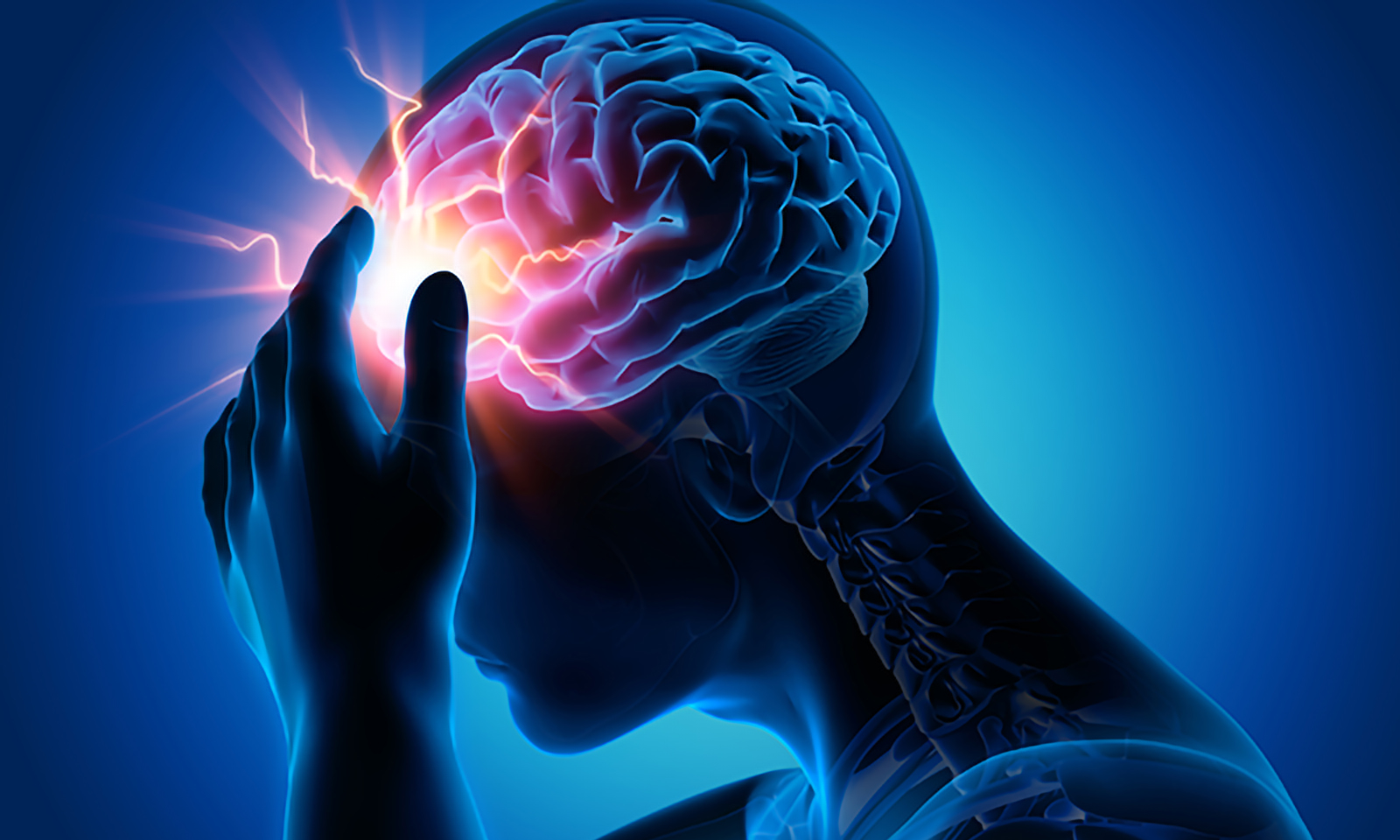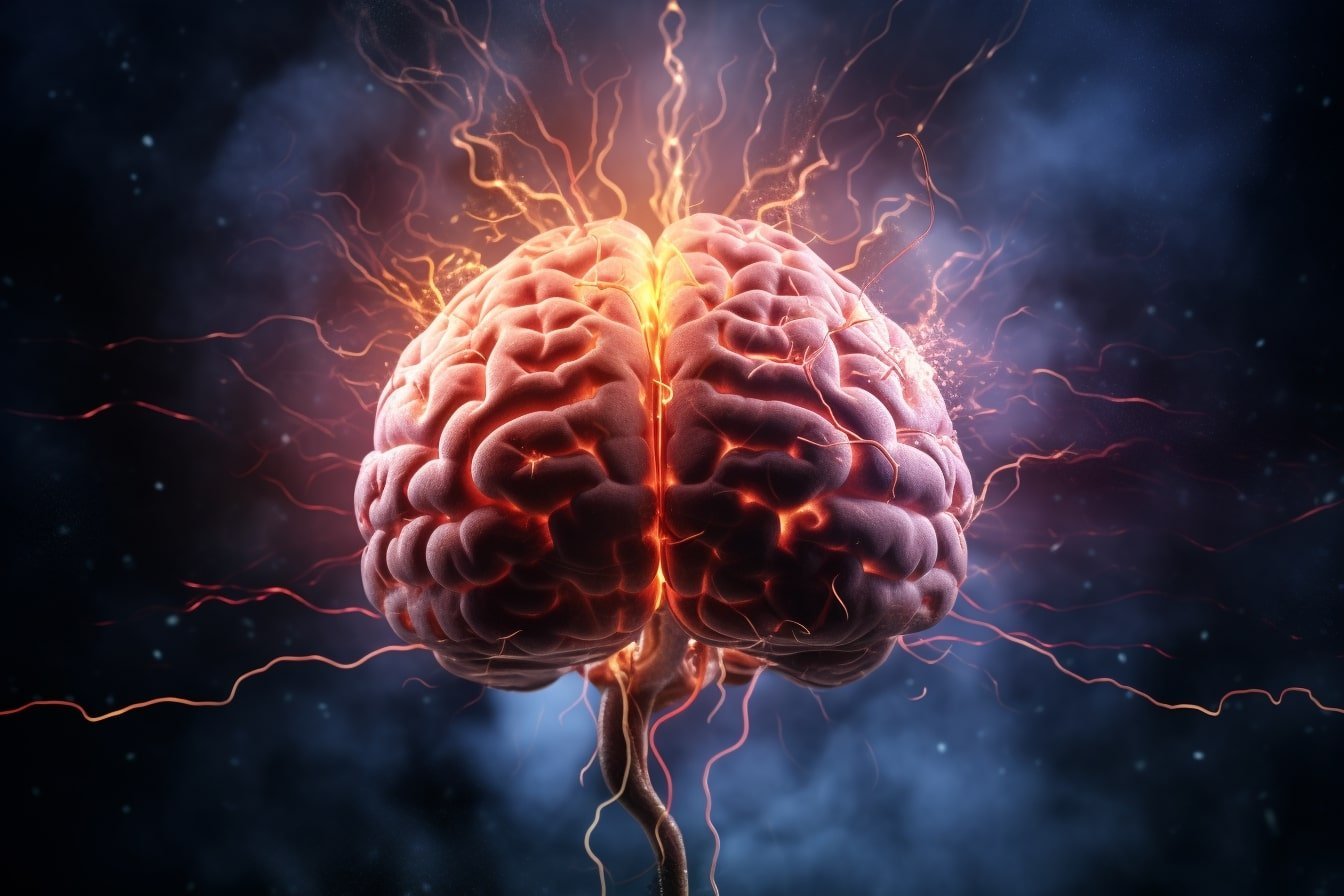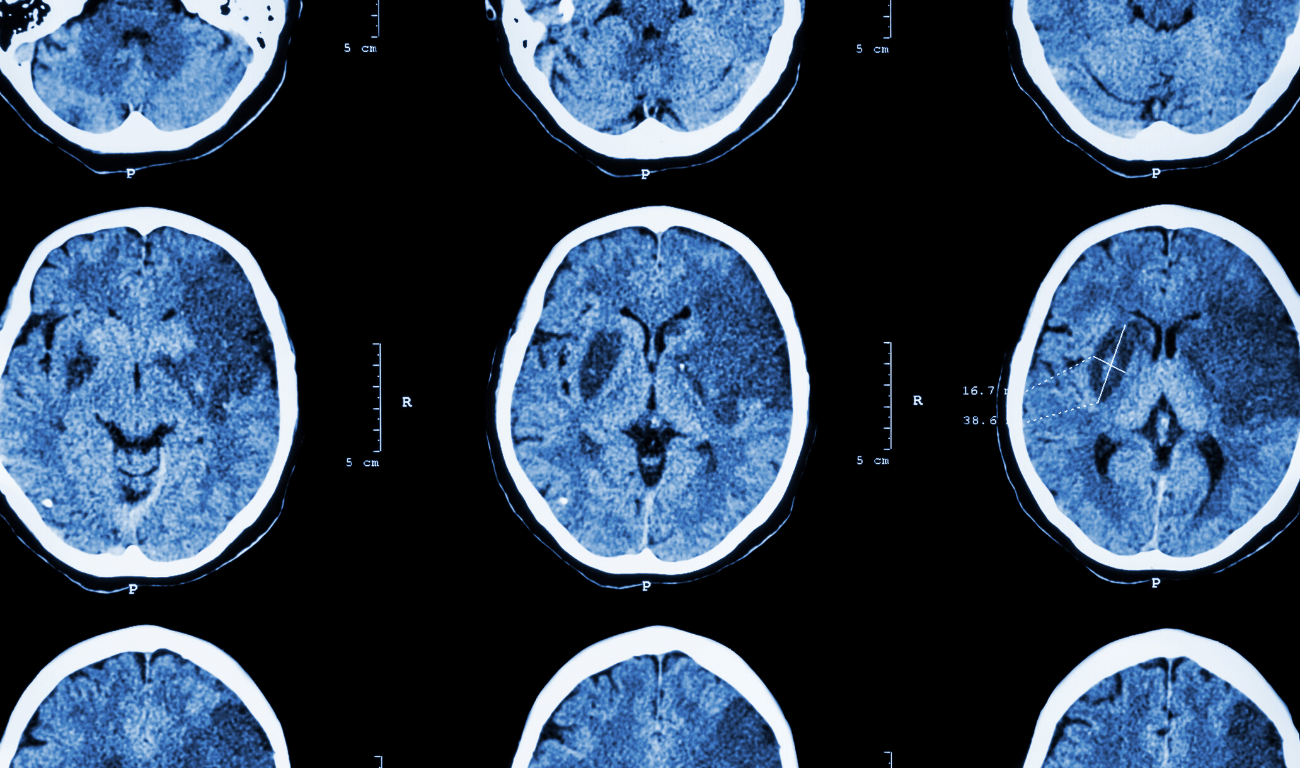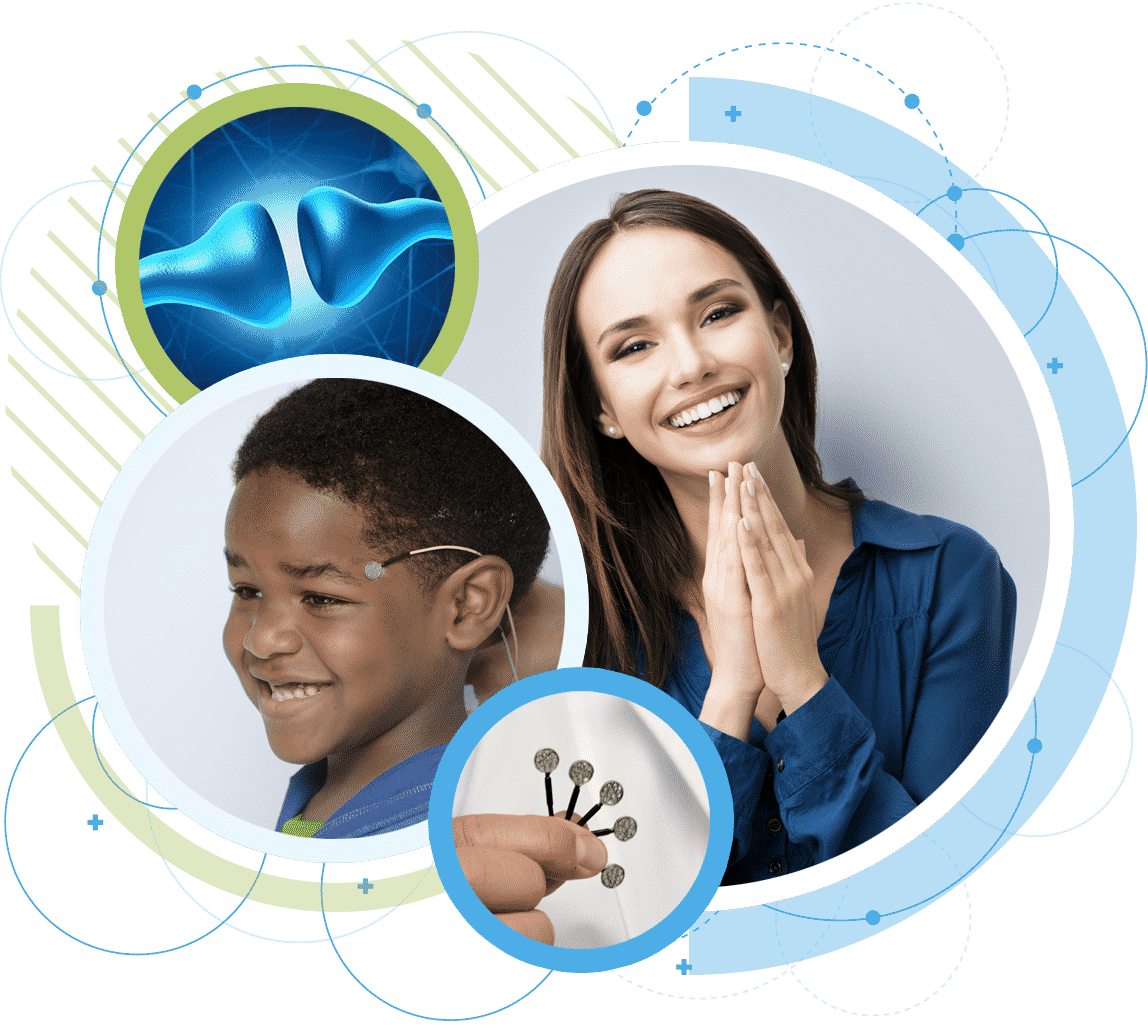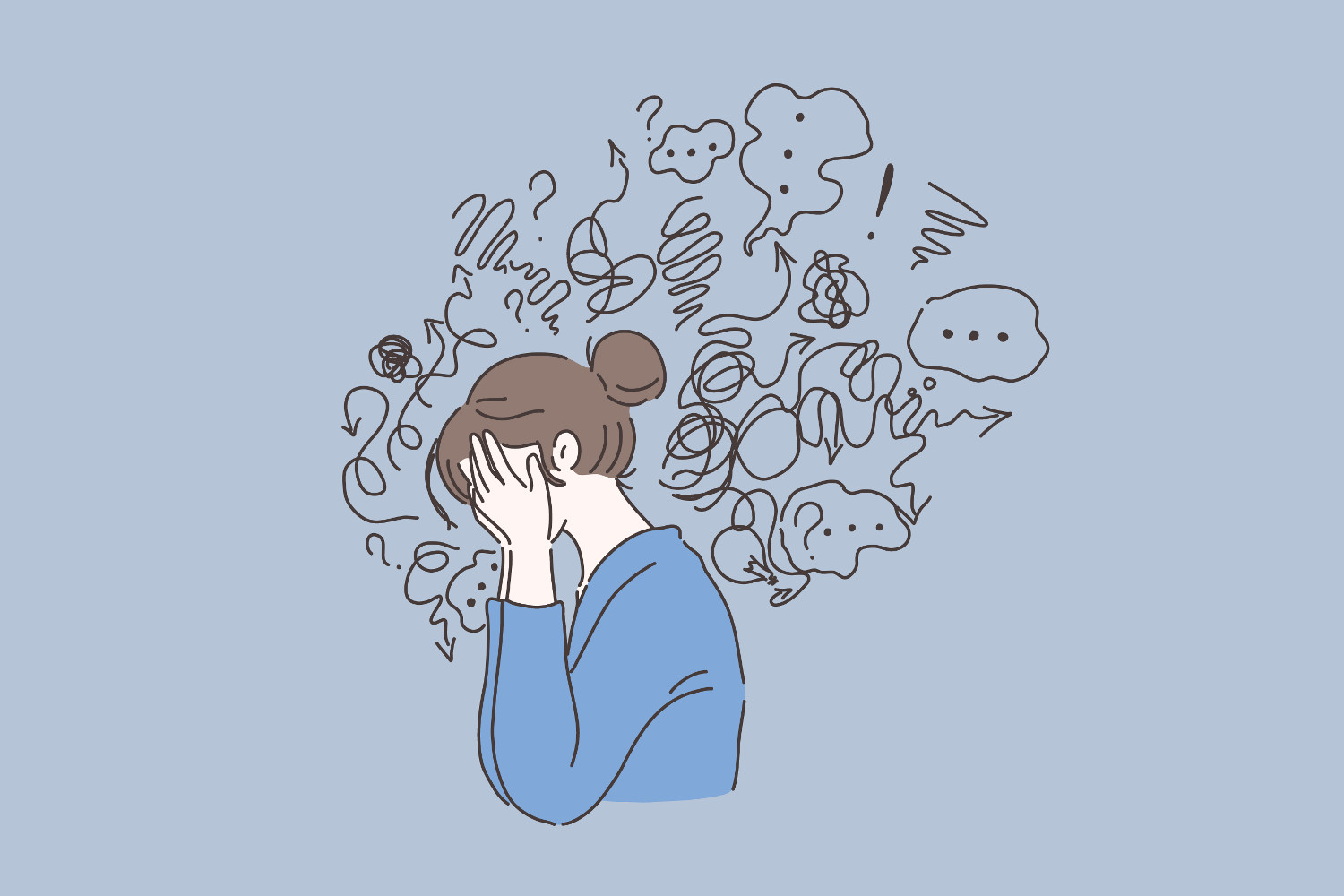
The effectiveness of microcurrent neurofeedback on depression, anxiety, post-traumatic stress disorder, and quality of life
The world faces a mental health crisis with elevated rates of depression, anxiety, and post-traumatic stress, leaving a profound impact on daily quality of life (QOL). Current treatments show varying degrees of efficacy and carry burdensome challenges. Evidence exists for use of an innovative neurotechnology to reduce symptoms of depression, anxiety, and post-traumatic stress disorder (PTSD), but the science is lacking for use in the general population.
